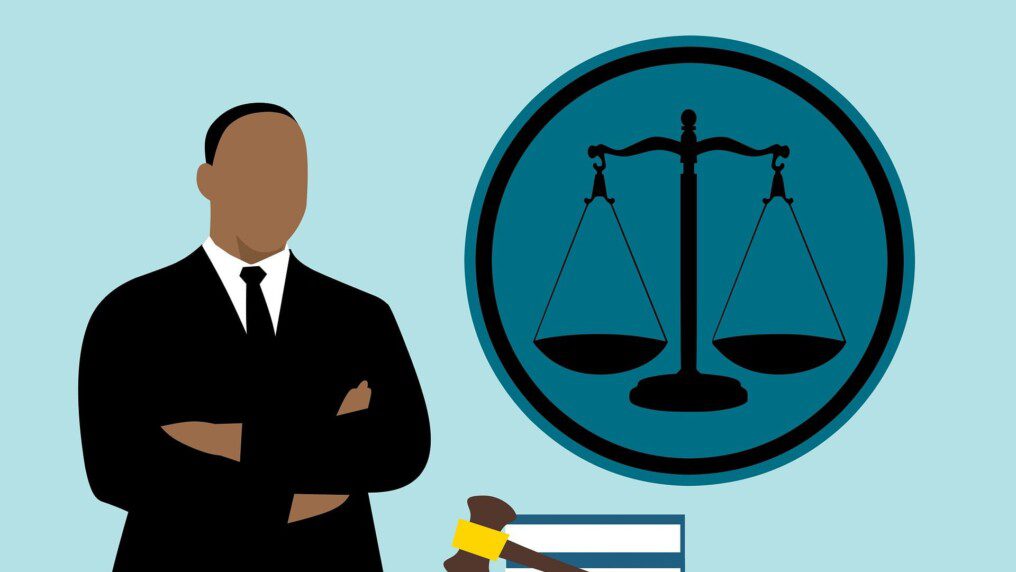
If you are looking for an attorney for any aspect of your life, you are likely looking for guidance and advice in an area that you are unsure about, so you need someone who knows what they are doing.
Choosing a lawyer is an important decision. If you follow the wrong guidance or hire an inexperienced attorney to represent you in your lawsuit, that could mean the difference between winning and losing your case.
The good thing is that there are many experienced attorneys in practice, and they are likely in your area, as well. If you know the traits to look for, you can easily find one to help you with your legal needs.
Here are ten tips to help you choose the right dba attorneys, no matter how complicated your case is.
10 Tips for Finding the Right Attorney:
1. Research their reputation:
First things first, if you have an attorney in mind, turn to the tried and true and simply Google them. While a couple of poor reviews does not mean they are a bad attorney, repetitive serious complaints should be a red flag. Check official sites like the Better Business Bureau and review sites like Yelp.
2. They are qualified in the field you are looking for help with:
An attorney can specialize in a wide range of areas. Just because your best friend’s cousin graduated law school does not mean they have the knowledge and expertise to help you with your divorce or have the qualifications to be a living trust attorney. No matter the situation you find yourself in, look for a lawyer who has experience in that field to help you and represent you.
3. Check for personal references:
This does not mean ask them for their previous employer and their glowing or not-so-positive reviews. It does mean to ask people in your community if they have worked with the attorneys that you are considering. Get their feedback, but remember to take it with a grain of salt. Multiple negative reviews should be taken seriously, but one bad story in a host of other positive ones may just be a poor loser or a conflict of attorney and prior client.
4. Meet with them and ensure they want you to win and care about your rights:
For some lawyers, the more cases that they have, the better their odds to win at least a few. This means that they don’t have to work hard to make money. Others prefer to keep their caseload lighter and focus on their clients’ rights and how to win the case for them.
5. Check their reputation among their peers:
Satisfied clients are important, but when an attorney comes highly recommended by other legal experts in the area or is involved in multiple organizations in the legal field, that says they put their knowledge and integrity first.
6. Ask them what their communication policy is:
While a knowledgeable, in-demand lawyer is not likely to have a lot of time to talk on the phone and will have a busy schedule, they should have a communication policy in place. They may have their staff communicate with you to return your phone calls and handle little details, but they should be able to check in with you on a scheduled basis.
7. Don’t overdo the situation, but don’t underestimate it, either:
If you have a simple case, then a small attorney’s office should be perfectly acceptable as long as they meet the other criteria. However, if you are fighting a corporation full of attorneys, you will likely need a bigger company that has more staff to research and defend your case.
8. Document, document, document:
Keep a record of the attorneys that you consult with and your impression of them. Write down the questions that you asked and their answers if you can remember them. When it comes time to decide which lawyer you want to hire, you can use your paper trail as a refresher of your initial impression and their knowledge-base. Go with your gut instincts as well as your brain.
9. Find out about fees:
Before you agree to work with an attorney, make sure you talk to them about their fee schedule. Depending on the type of case, some attorneys may work on a contingency fee. This means that they only get paid if you do, but they may take a large percentage of your final settlement. Most contingency fees are between 33 and 40%, but you should definitely get that in writing.
Without a contingency plan in place, attorneys can charge upwards of $225 per hour plus other fees. Find out exactly how your attorney plans to bill you. Ask if it’s possible for them to have their staff do some of the work for a lower fee, too. How much your bill can add up to depends on the complication of your case, but at $225 per hour, the total can pile up quickly.
10. Once you hire an attorney, don’t be afraid to fire them if they are not doing their job:
You may lose out on any retainer you paid them, but in the long run, that is cheaper than losing your case entirely because they did not do their job. If you feel uncomfortable with your lawyer, start looking around again for another one.
The Right Attorney is Out There:
While it’s important to find an attorney who knows the field that you are wading through, it’s also important to find one who cares about your rights and winning your case for you. They should be willing to communicate with you, be respected in your community and the legal field, and be upfront and honest about their fees.
When you find the right attorney, the lawyer/client relationship will be smooth and, regardless of the outcome, you will know that you chose the best person to help you with your case.
Read Also:




























